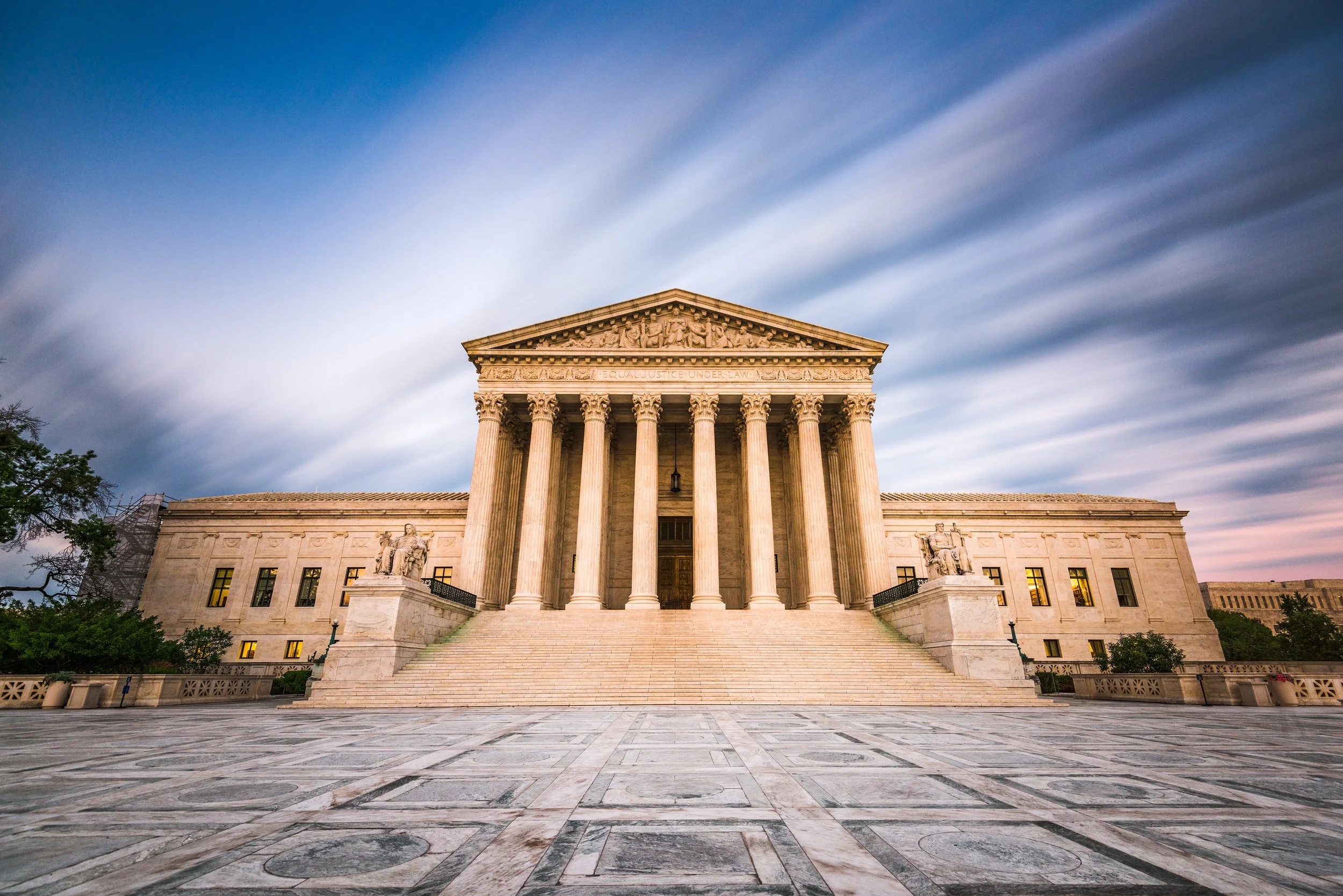A Call for Decriminalization
Recent legislative developments have introduced measures that impact individuals experiencing homelessness, particularly concerning public space usage and access to healthcare.
A Supreme Court Decision That Changed the Landscape of Homelessness
In June 2024, the U.S. Supreme Court ruled in City of Grants Pass v. Johnson that cities have the legal right to ban sleeping in public — even when no shelter is available. This landmark decision effectively gave municipalities across the country permission to penalize people simply for being unhoused.
Cities and states now have legal cover to fine, arrest, or otherwise punish individuals for sleeping outdoors — criminalizing acts of basic survival in the absence of safe alternatives. The ruling has triggered a nationwide ripple effect, opening the door to a new wave of punitive laws that target those already living on the margins.
The Rise of Local and State-Level Anti-Homeless Laws
Since the ruling, several states have quickly passed legislation reinforcing the criminalization of homelessness:
Florida passed a law that allows citizens and businesses to sue local governments if they don’t enforce anti-camping ordinances — a move that pressures cities to remove unhoused individuals from public view or risk legal and financial consequences.
Other states are following suit with bills that increase policing of public spaces, restrict access to sidewalks and parks, and make it harder for community organizations to provide aid in those areas.
What these laws ignore is a simple truth: you cannot fine someone out of poverty. These policies do not reduce homelessness — they make it more dangerous and harder to escape.
Legal Penalties as Barriers to Care and Stability
This trend doesn’t just affect where someone can sleep — it disrupts access to healthcare, recovery, employment, and dignity:
Unhoused individuals living under the threat of citation or arrest often avoid public places, including hospitals and clinics, for fear of law enforcement involvement.
Healthcare systems continue to engage in “patient dumping” — discharging unhoused patients without ensuring a safe place to recover — further worsening outcomes for people with chronic illnesses, mental health conditions, or disabilities.
Fines and arrest records create long-term legal and financial barriers that make it even harder to find housing or employment.
This punitive approach to homelessness deepens the crisis rather than solving it.
Our Position
RENNIE Org. strongly opposes the criminalization of homelessness in all forms. We believe that housing is a human right, and that no person should be punished for not having a safe place to sleep. These legislative actions reflect systemic failures — not individual ones.
Our work focuses on:
Advocating against harmful policies at the local, state, and federal levels
Supporting partners and coalitions working to protect unhoused individuals from legal persecution
Educating the public on the human impact of these laws
Pushing for housing-first, healthcare-accessible, equity-centered alternatives
What You Can Do
Join Our Advocacy Alerts
Stay informed and speak out when new anti-homeless legislation is introduced.
Read & Share Our Policy Brief
Get the facts on Grants Pass and learn how to take action in your community.
Support Organizations Resisting Criminalization
Partner with us or donate to local mutual aid and legal support networks that protect unhoused communities.

